The Maharashtra Housing and Area Development Authority (MHADA) has announced plans to conduct a structural audit of 1,000 cessed buildings in Mumbai by March 2025 as part of the Maharashtra government’s 100-day action plan. This initiative aims to assess the safety of ageing structures and determine their need for repairs or redevelopment.
MHADA has a larger goal of auditing all 13,000 cessed buildings in the city, with the remaining assessments planned over the next financial year. The agency is working on a phased approach to complete these audits in an organized manner, ensuring timely evaluation and necessary interventions for these ageing buildings.
MHADA Vice President and CEO Sanjeev Jaiswal has directed officials to expedite the process by appointing structural consultants and planning the audits effectively. A review meeting was recently conducted at MHADA headquarters to assess progress under the Mumbai Building Repairs and Reconstruction Board (MBRRB). During the meeting, Jaiswal emphasized the importance of structural audits in ensuring building safety and redevelopment planning. The audits will provide authorities with a clear understanding of the condition of Mumbai’s cessed buildings, many of which are in poor structural health due to age and lack of maintenance.
Cessed buildings are old tenanted structures that fall under the maintenance of MHADA’s Mumbai Building Repair and Reconstruction Board. Tenants of these buildings pay a nominal cess tax, which is intended to fund their repairs and upkeep. However, given the deteriorating condition of many such buildings, a comprehensive audit is essential to determine which structures require urgent intervention.
Structural assessments will help in identifying buildings that need immediate repairs, those that can undergo partial strengthening, and those that may be unsafe for habitation. These audits are particularly crucial in light of the risks associated with Mumbai’s monsoon season, during which weak structures are more susceptible to collapse or severe damage.
Alongside the structural audit initiative, MHADA has also introduced an online system for managing lease deeds and the conveyance of buildings and plots under its jurisdiction. This system is designed to eliminate manual intervention, improve efficiency, and simplify procedures for citizens and housing societies. The Mumbai Board oversees 114 layouts, many of which consist of old and deteriorating housing colonies. Redevelopment is a priority in these areas, and clear ownership through proper conveyance is a crucial step toward initiating reconstruction projects.
The new system will allow housing societies to submit self-declaration forms and other required documents digitally, reducing delays and streamlining approvals. Officials have been instructed to create a standardized submission format, ensuring a smooth and transparent process.
MHADA is also developing a standard operating procedure (SOP) to streamline lease agreements, making the process more efficient under a single-window system. This initiative will provide housing societies with a comprehensive list of required documents and ensure smooth processing of lease agreements. By digitizing these processes, MHADA aims to enhance service delivery and make housing management more accessible for Mumbai residents. The combination of structural audits and digital reforms is expected to improve the overall management of cessed buildings and redevelopment projects.
Image source- facebook.com

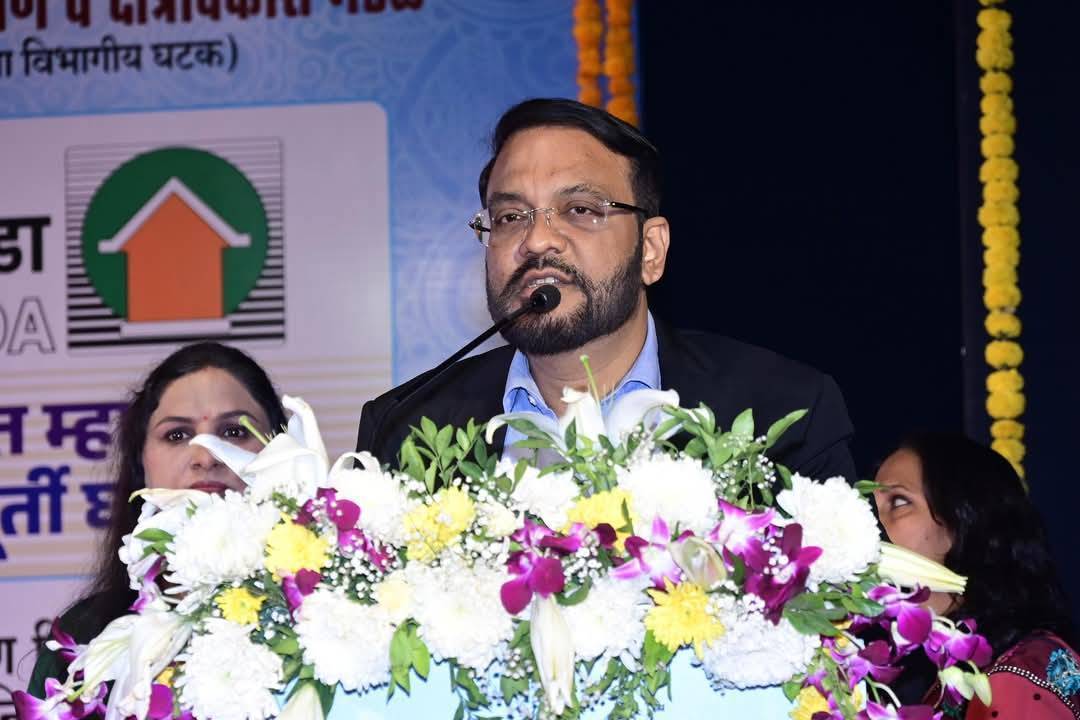

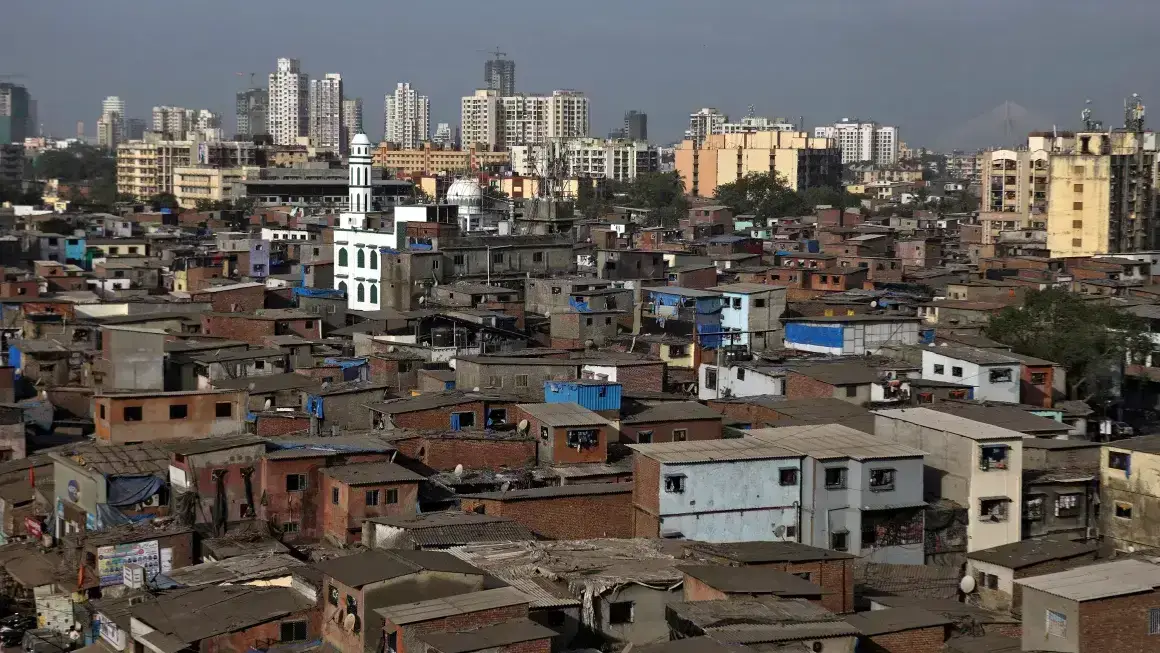
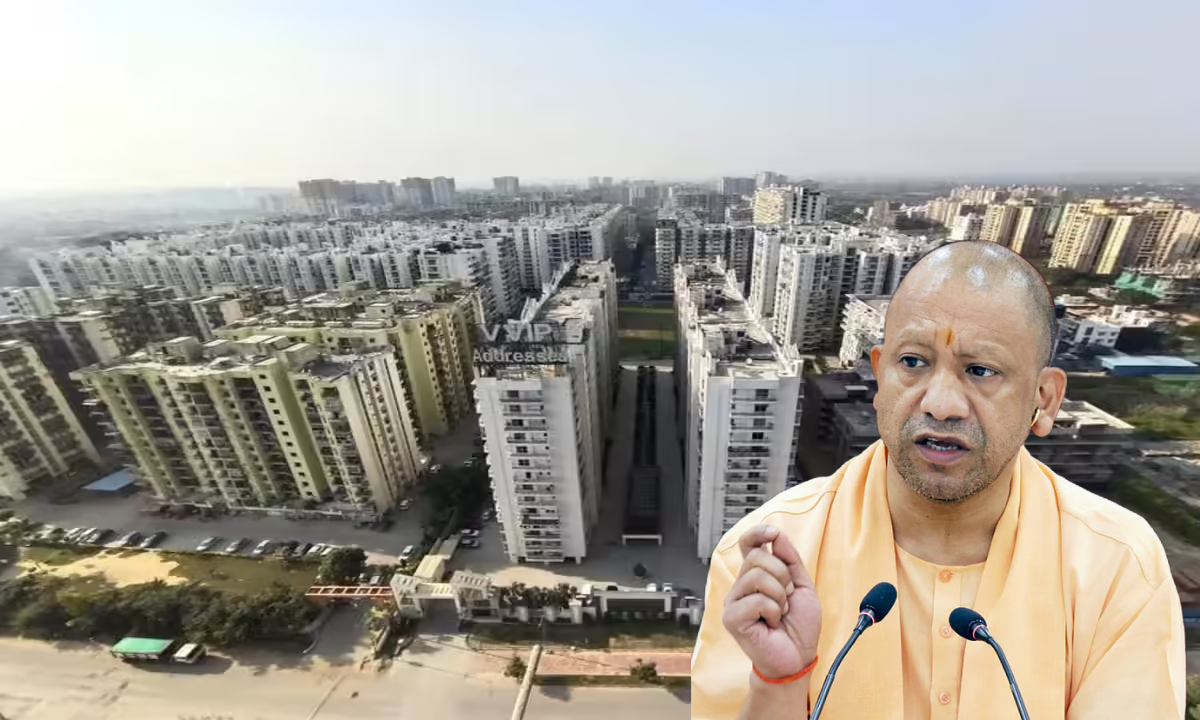


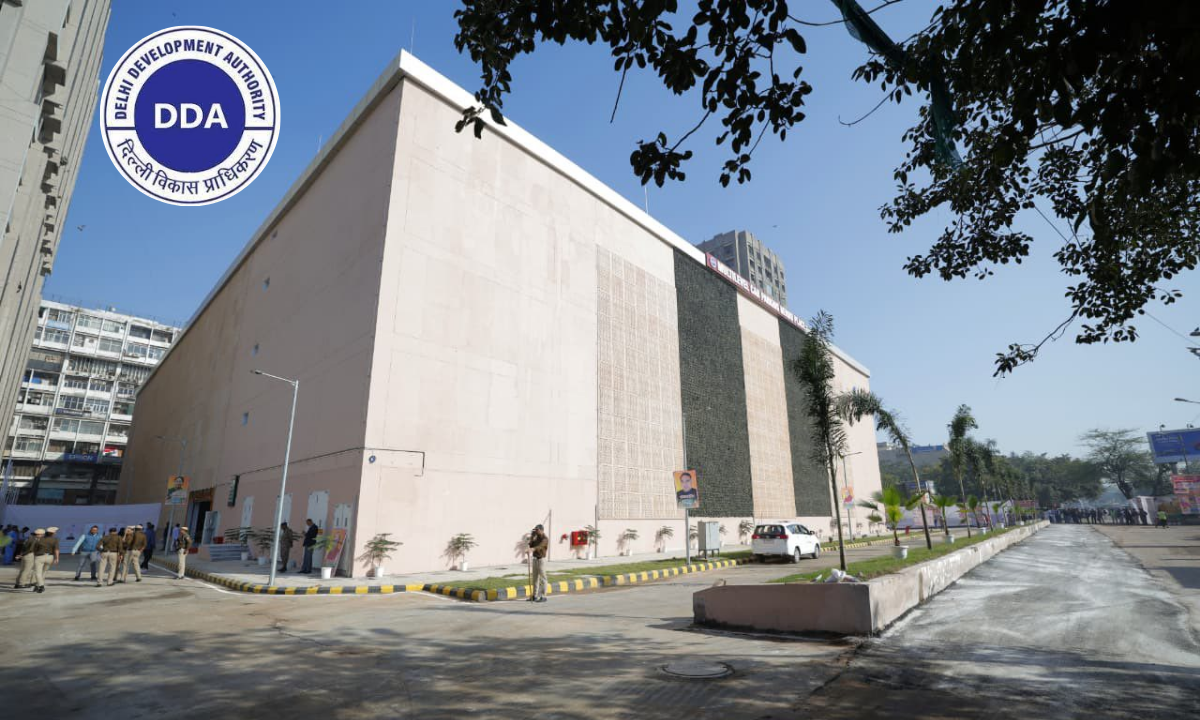
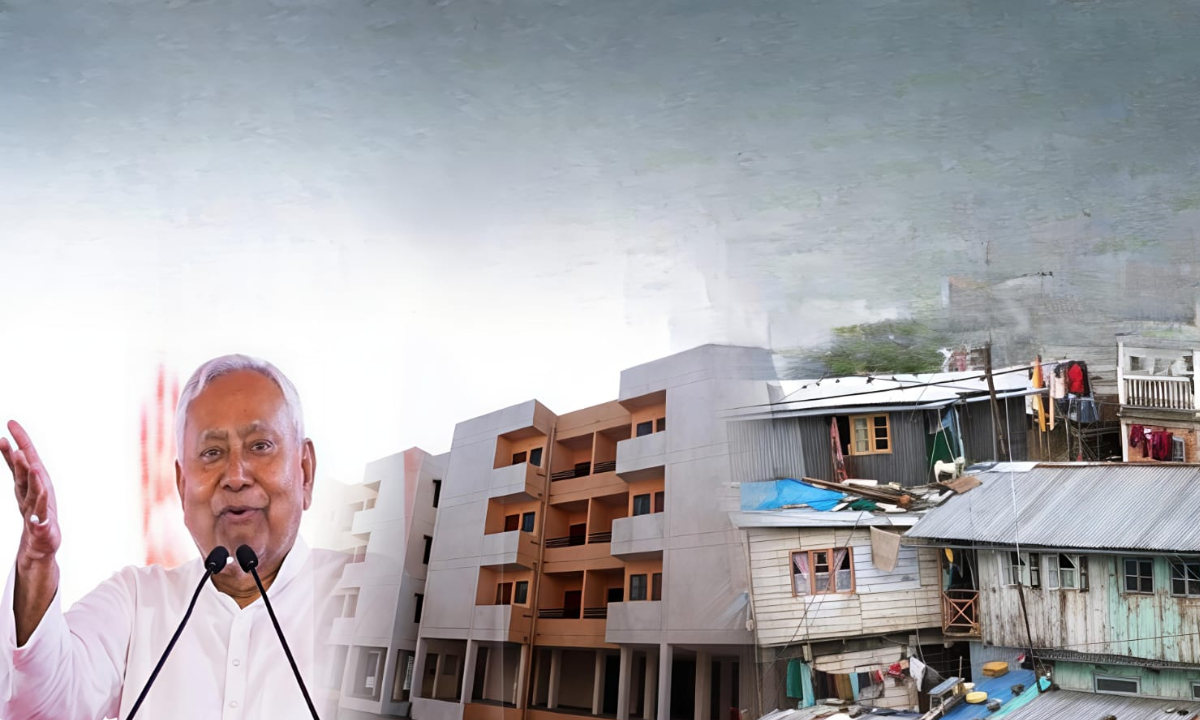
.png)